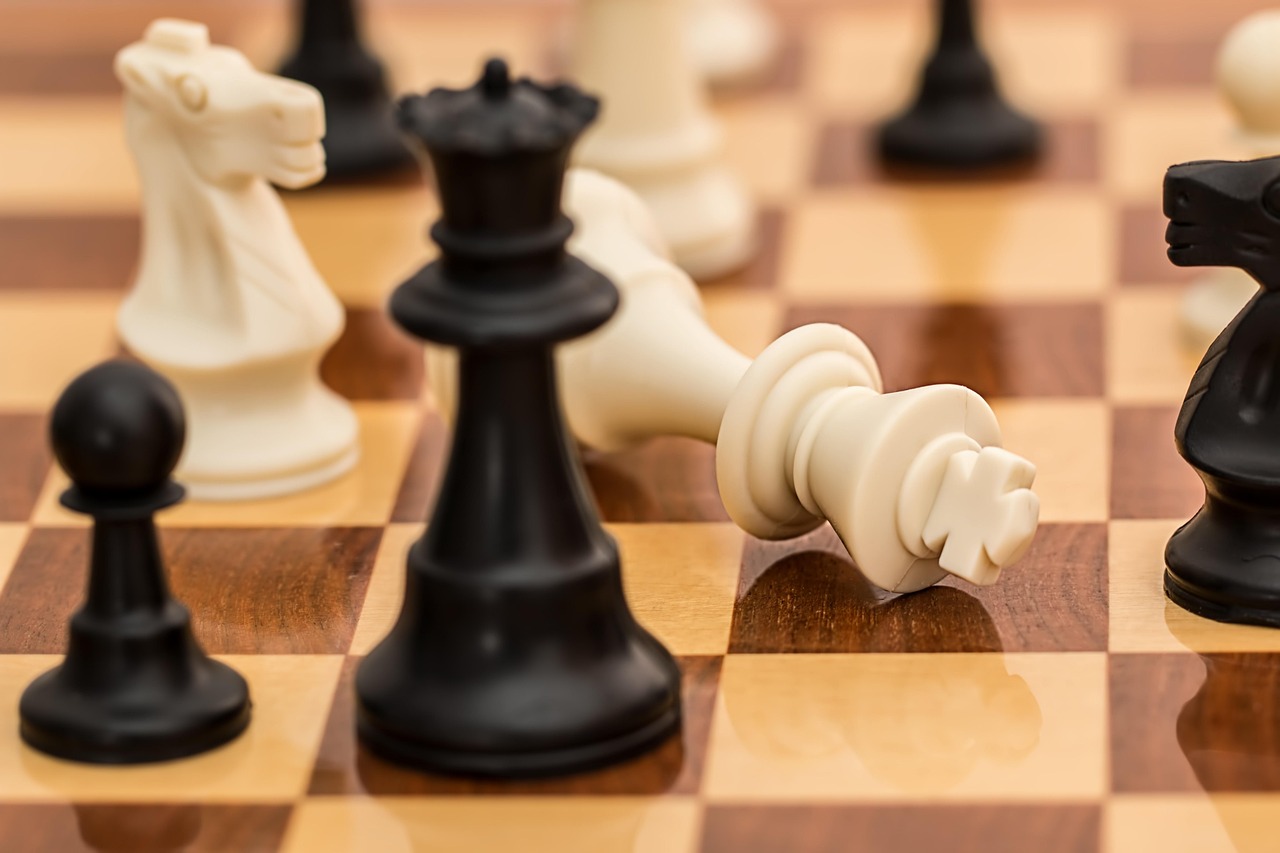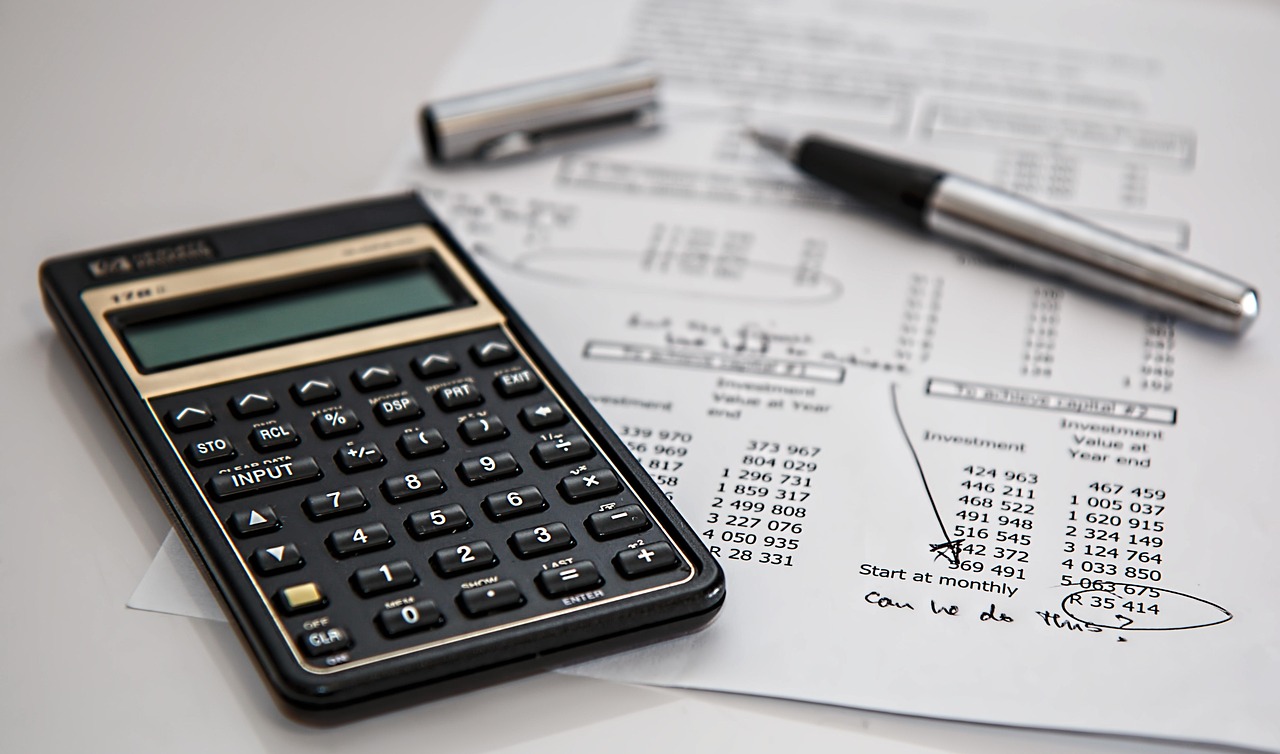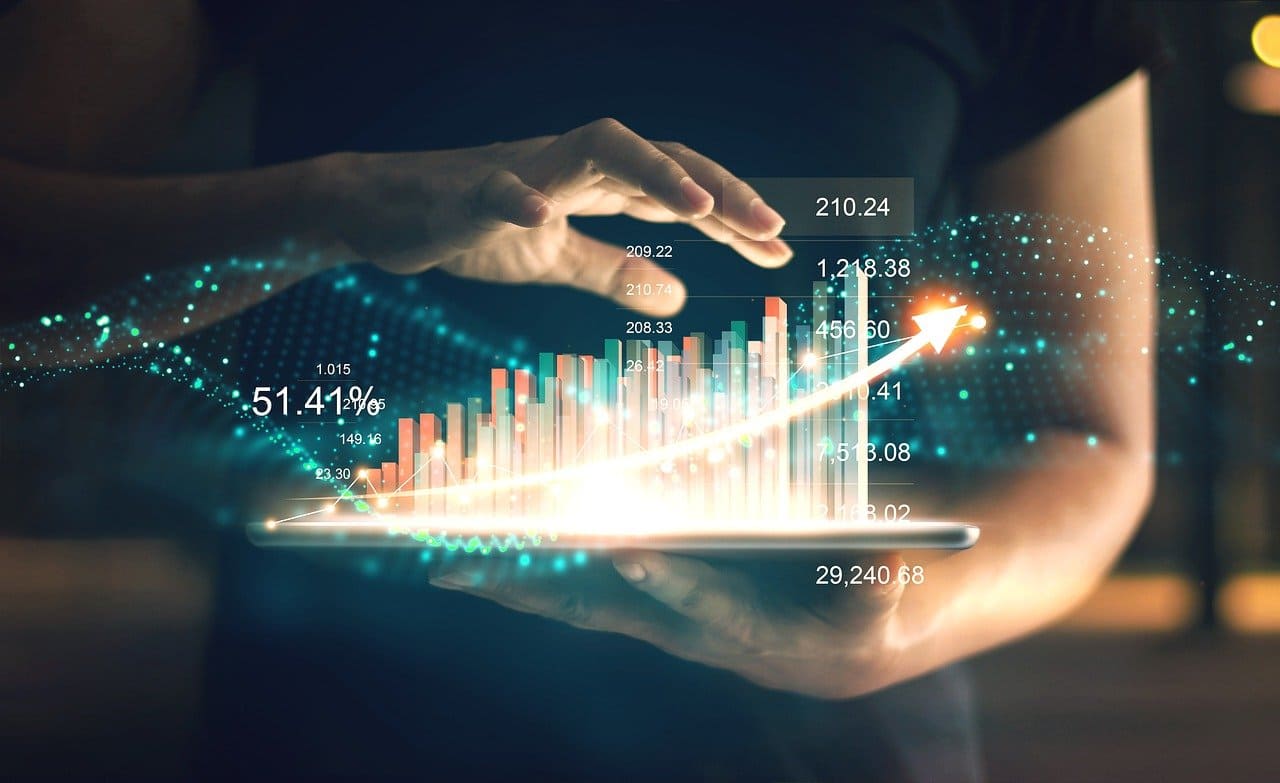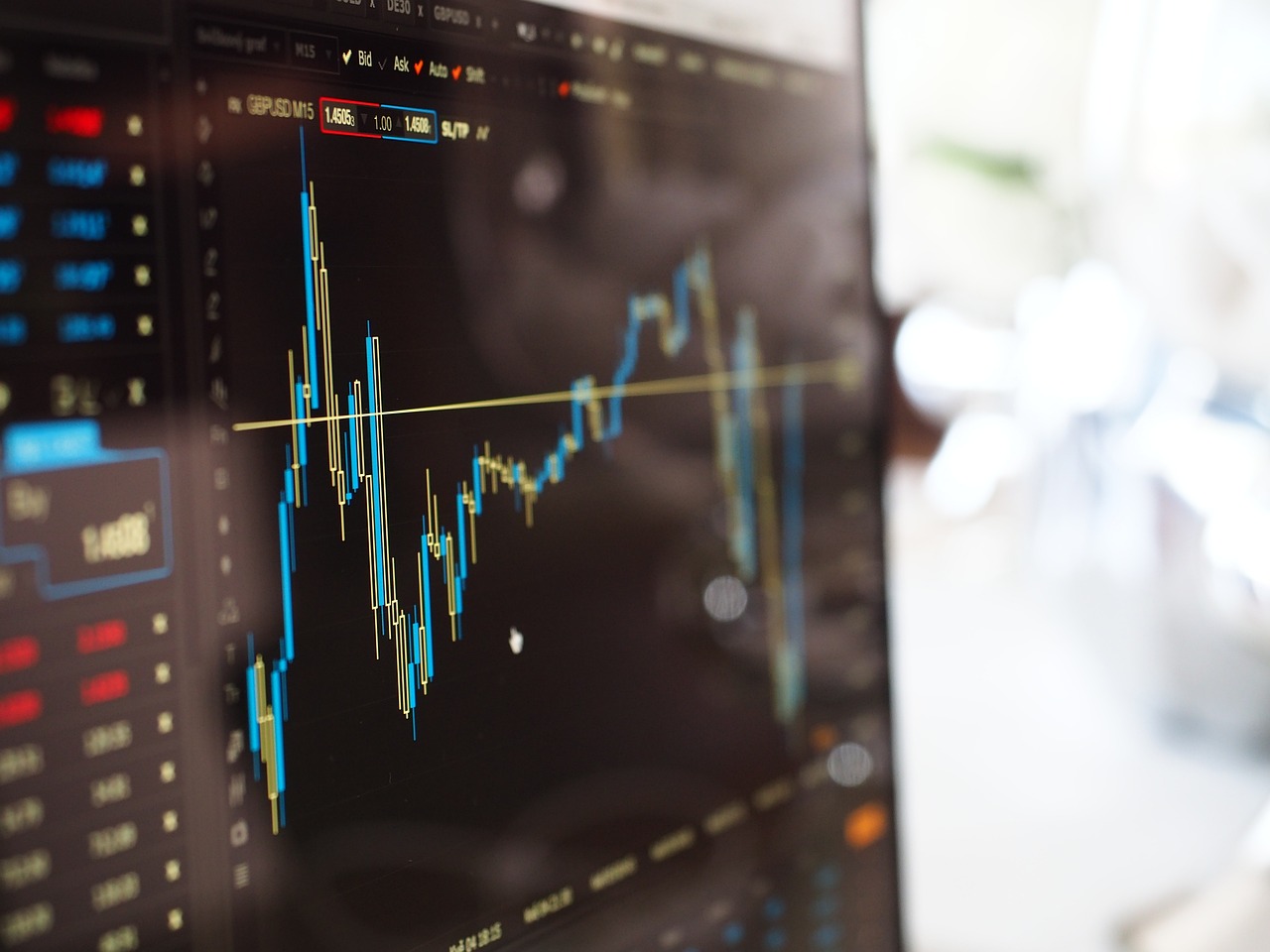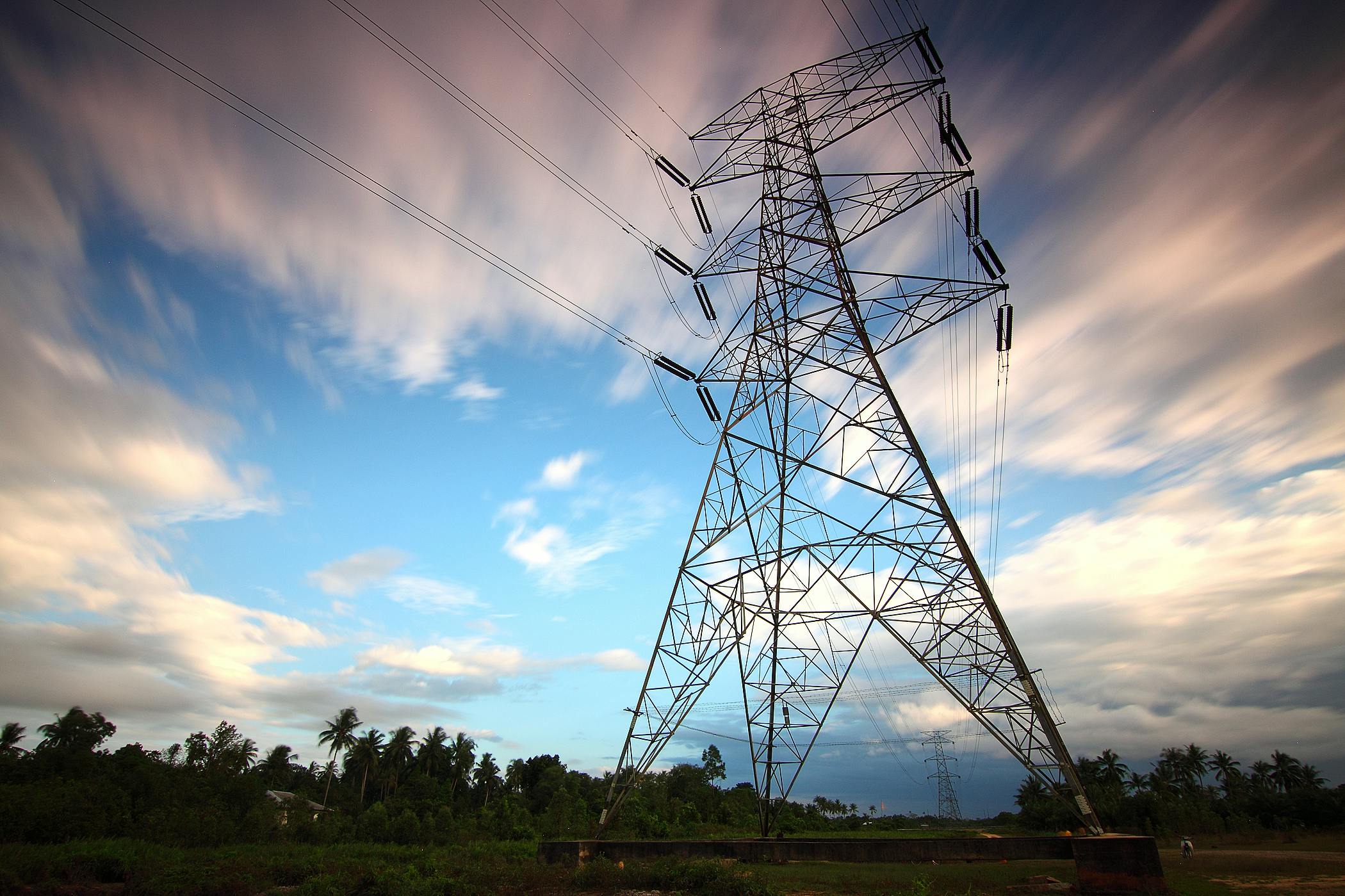Sports events are no longer simply a means of entertainment, they are also big business. Top tier events attract significant investment, involve large numbers of stakeholders and generate a great deal of employment. They are, however, high-value business ventures only when supported by a strong intellectual property (IP) legal framework.
Unique commercial opportunities
Sports events offer companies unique commercial opportunities. They generate a deep-rooted emotional response from the public. This transforms them into a globally accessible "product"; a valuable vehicle that companies can use to position and promote their logos and branded goods in relevant markets. Companies also have the opportunity to reach an unlimited territory and benefit from being associated with the success of a particular event, factors that undeniably increase the importance of such investment.
In associating themselves with sports events, companies can benefit from a number of marketing opportunities. For example, they may choose to sponsor a specific event or a particular team or invest in static merchandising (where products are displayed on virtual 2D displays) in the arena. They may also seek to boost sales through virtual advertising via television transmission (where advertising images relevant to a particular national audience are inserted into a live TV broadcast); or by choosing to buy naming rights (of arenas or specifically related to a given competition).
From information provided on the websites of the Fédération Internationale de Football Association (FIFA) and the International Olympic Committee (IOC), it is clear that the FIFA World Cup™ and the Olympic Games are largely funded by revenues derived from the sale of TV broadcasting rights and marketing rights.
Flagship events funded by IP rights
Approximately 88 percent of the total revenue generated by the FIFA World Cup™ competitions in 2010 and 2014 came from the sale of these rights. For the 2011 to 2015 financial period, FIFA estimates total revenues of USD5billion, of which USD2.7 billion will come from the sale of TV broadcasting rights (54 percent) and USD1.9 billion from marketing (38 percent). Revenue from the sale of marketing rights is made up of investments from commercial partners (described below) and licensing revenue.
FIFA and the IOC realized early on that their ability to generate revenue from their flagship events (e.g. the Confederations Cup and the World Cup and the Winter and Summer Olympic Games) is directly related to offering their commercial partners a better "product". It is no coincidence that in the early 2000s these two iconic sports bodies developed structured, formal marketing projects. Organized on a quadrennial basis, these strategies are designed to attract commercial partners by offering them opportunities for maximum brand exposure in return for their financial support.
FIFA’s marketing projects for the World Cup™
FIFA divides its World Cup marketing projects into three categories: (i) FIFA Partners; (ii) FIFA World Cup Sponsors; and (iii) National Supporters. These partners have the right to: (i) associate their brand with FIFA’s IP during the quadrennial time period; (ii) associate their brand with FIFA events and publications for which rights have been acquired, offering a powerful means of boosting brand dissemination both within stadia and beyond; (iii) promote special events in the host country for the Confederations Cup and World Cup; (iv) obtain preferential access to purchase advertising packages related to the event from media outlets owning transmission rights to the event; (vi) obtain preferential rights to purchase advertising spots in the exclusive areas; and (vii) obtain preferential rights to VIP ticket purchase and boxes and to set up hospitality lounges in the arenas.
Experts observe that no other such extensive and effective marketing exposure is available to interested companies. For example, the 2014 FIFA World Cup Brazil™ Preliminary Draw – an event which took place in Rio de Janeiro to establish team groupings – was transmitted live to over 80 countries. During this event, the marks and logos of FIFA’s commercial partners were in the spotlight and visible to audiences around the world throughout the televised event which lasted approximately two hours.
IP protection underpins this critically important revenue source. A significant proportion of the revenue that supports the organization of large sports events comes from the sale of broadcasting rights protected by international copyright treaties and national laws; and from marketing projects and licensing deals underpinned by rights relating to trademarks, industrial designs and patents (which protect innovative technologies).
Organizers seek assurances from host nation
Knowing the structure of such business is important in understanding why organizers of iconic sporting events take certain precautions. For example, in organizing the 2014 World Cup in Brazil, FIFA sought assurances from the host nation – provided for in the Bidding Agreement and reinforced in the Hosting Agreement - that its IP and that of its partners would be respected and protected by national legislation. These agreements affirm that:
"We also represent and guarantee to FIFA, and will ensure, that there are and will be no legal restrictions or prohibitions on the sale, advertising or distribution of Commercial Affiliates’ products, including food and beverages, in the Stadiums or other Sites for the duration of the Competitions and that there are and will be no legal restrictions or prohibitions on the exploitation of Media Rights, marks or other intellectual property and commercial rights of FIFA. We agree that any media laws or regulations which interfere with or impinge upon FIFA’s exploitation of the Media Rights are suspended in respect of the Competition and that FIFA may exploit the Media Rights unfettered in Brazil in a manner of its choosing."
The Brazilian government’s commitment in this respect was enforced through the enactment of special laws, such as The General Law for the World Cup which served to protect the exclusive right of FIFA’s commercial partners to associate their marks or products with the valuable World Cup "product". These special laws include punitive clauses targeting the unauthorized use by third parties of FIFA-related IP (arising from its role as the event organizer); the delineation of an exclusivity zone in the neighborhoods surrounding tournament arenas; and the prohibition of ambush marketing along with other measures aimed at securing a return on investment for FIFA’s partners.
The success of the 2014 FIFA World Cup Brazil™, beyond the overall quality of the games themselves, which attracted record attendance (some 3,429,873 spectators at 64 matches), is entirely related to the capacity of FIFA, the local organizing committee (LOC), and the host country, Brazil, to grant FIFA’s commercial partners the right to exercise a set of prerogatives for which they paid considerable sums. This is what makes it possible to finance and stage these iconic events.




